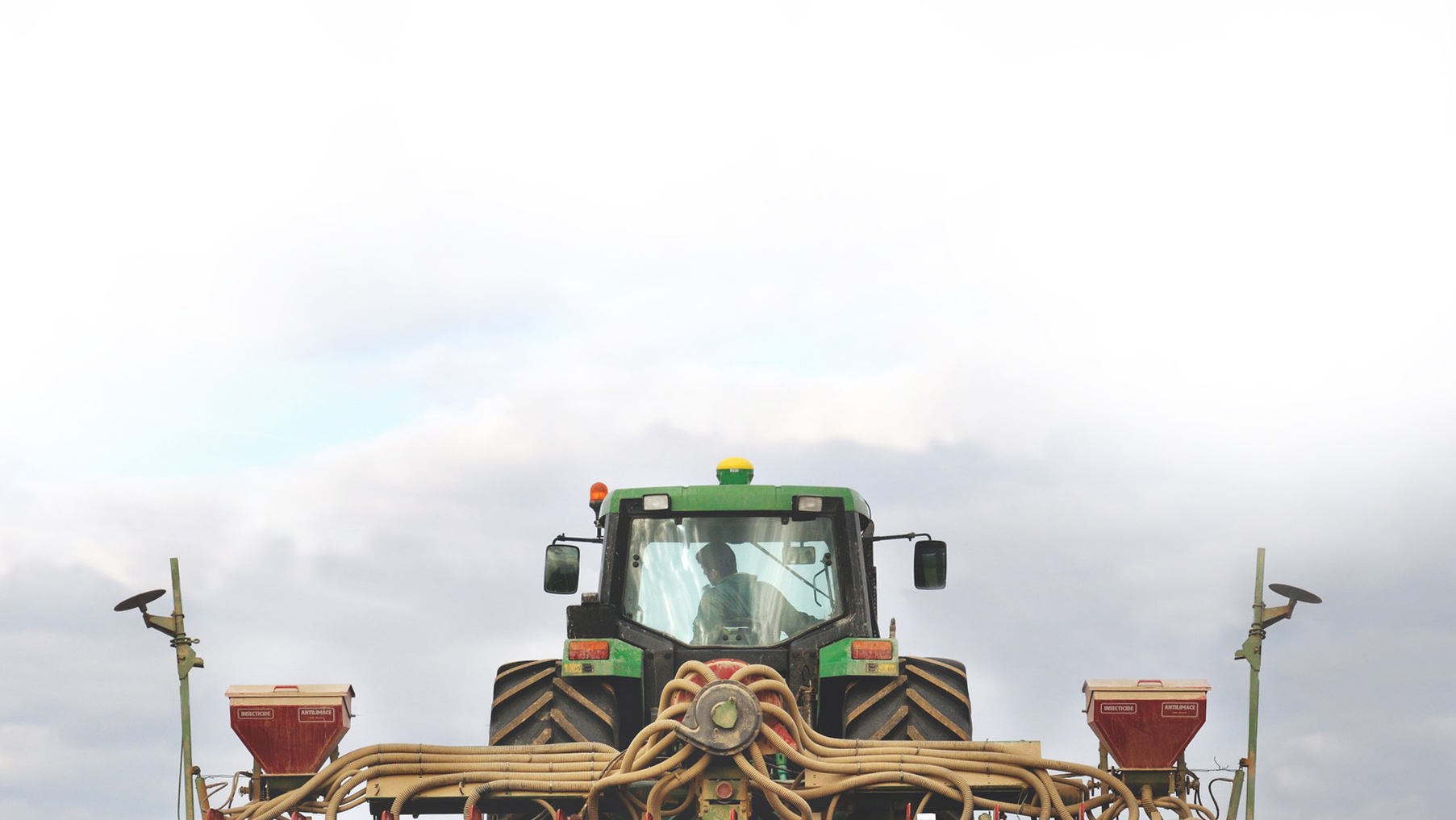New generation agricultural scientist to propel food security in Africa
A new generation of agricultural scientists needs to be empowered towards a food and nutrition secure Africa.
This would be achieved through a concerted effort in capacity building, knowledge generation and technology dissemination in major institutions of learning.
This is what came out from the official opening of a three-day conference that ends today at the Kenyatta University in Nairobi, Kenya.
The conference brings together participants from three continents to deliberate on bridging the gap between society, science and industry in building a new generation of agricultural scientists.
In a brief read on his behalf during the opening session, the Cabinet Secretary, Ministry of Agriculture, Livestock & Fisheries, Mr. Felix Koskei noted that deliberations and submissions during the conference will be a reliable discourse in furthering agricultural capacity development in the country and continent at large.
With agriculture being part of the economic pillar of our national vision 2030 blue-print, the Chief Guest reiterated the need for concerted efforts to address challenges facing agribusiness development in the country.
Mr.Koskei cited various policy interventions by the government that have been at the forefront of keeping the Kenyan agricultural sector responsive to global trends such as bio-safety adding that ‘more needs to be done ‘in that area.
He further urged conference participants to increase their research and dissemination of knowledge in agribusiness and soil science to address challenges hindering exploitation of existing potential.
Dr. Agnes Kalibata, AGRA president, emphasized the need for concerted efforts to build knowledge in agriculture and agribusiness.
Dr.Kalibata reiterated the need for continuous knowledge development and dissemination in agribusiness as well as youth and students’ involvement as part of partnerships for the next generation of agribusiness entrepreneurs.
In addition to bridging the research gaps in agriculture, she outlined AGRA’s commitment to supporting government efforts as well as initiatives from other stakeholder groups in building the next generation of agricultural scientists.
Prof. Olive Mugenda, the Vice-Chancellor Kenyatta University, observed that the conference comes at a time when Kenya and Africa at large is going through a phase of rapid development and optimism for growth was ripe despite a myriad of challenges associated with population growth, food crisis, climate change, soaring energy & food prices, poverty, brain drain, among others.
Prof.Mugenda expressed her confidence with the new generation of researchers and agri-entrepreneurs, stating that ‘Kenya and Africa will be well prepared to address the challenges holistically and in a sustainable manner’.
She further highlighted the University’s commitment and role in addressing the challenges through initiatives such as Student Work Induction Programme, Students Training on Entrepreneurial Promotion and Chandaria Business Innovation and Incubation Centre to tap into the youth potential.
These equip the young people with skills and experiences to utilize their productive potential as innovators and job creators.
The role of Training Institutions both at tertiary, technical and Universities emerged as key in ensuring the country has enough human resource that can address the existing challenges.
“I am proud to join this team here at today’s conference. It is an honour to be here since the matters being discussed here of Capacity Building, Technological Adoption and Knowledge Generation are at the core of our University,” said Prof. Olive Mugenda in a brief read on her behalf by.
“Our institution is committed not only to produce as many scientists as possible but also to ensure our graduates are well prepared to tackle challenges out there. We are committed to producing students who are job-ready, ready to take on today’s challenges through rigorous training that is both theoretical and practical,” added Prof. Mugenda.
AGRA has trained over 600 scientists in Africa through partnering with various Universities and training institutions across the continent to help build a cadre of scientists who are able to respond to the needs of Africans farmers.
Over 70 % of agricultural activities in Africa are carried out by smallholder farmers who have access to mostly less than 2 hectares of land and limited resources to produce.
The conference brings together participants from three continents to deliberate on bridging the gap between society, science and industry in building a new generation of agricultural scientists.
The international conference is a joint initiative between Kenyatta University, AGRA, University of Nairobi, and Horticultural Association of Kenya (HAK) through DAAD. The officially opened conference runs from Monday 1st December, 2014 to Wednesday 3rd December 2014 and a subsequent field excursion for participants on Thursday 4th December, 2014.
By Clifford Akumu


